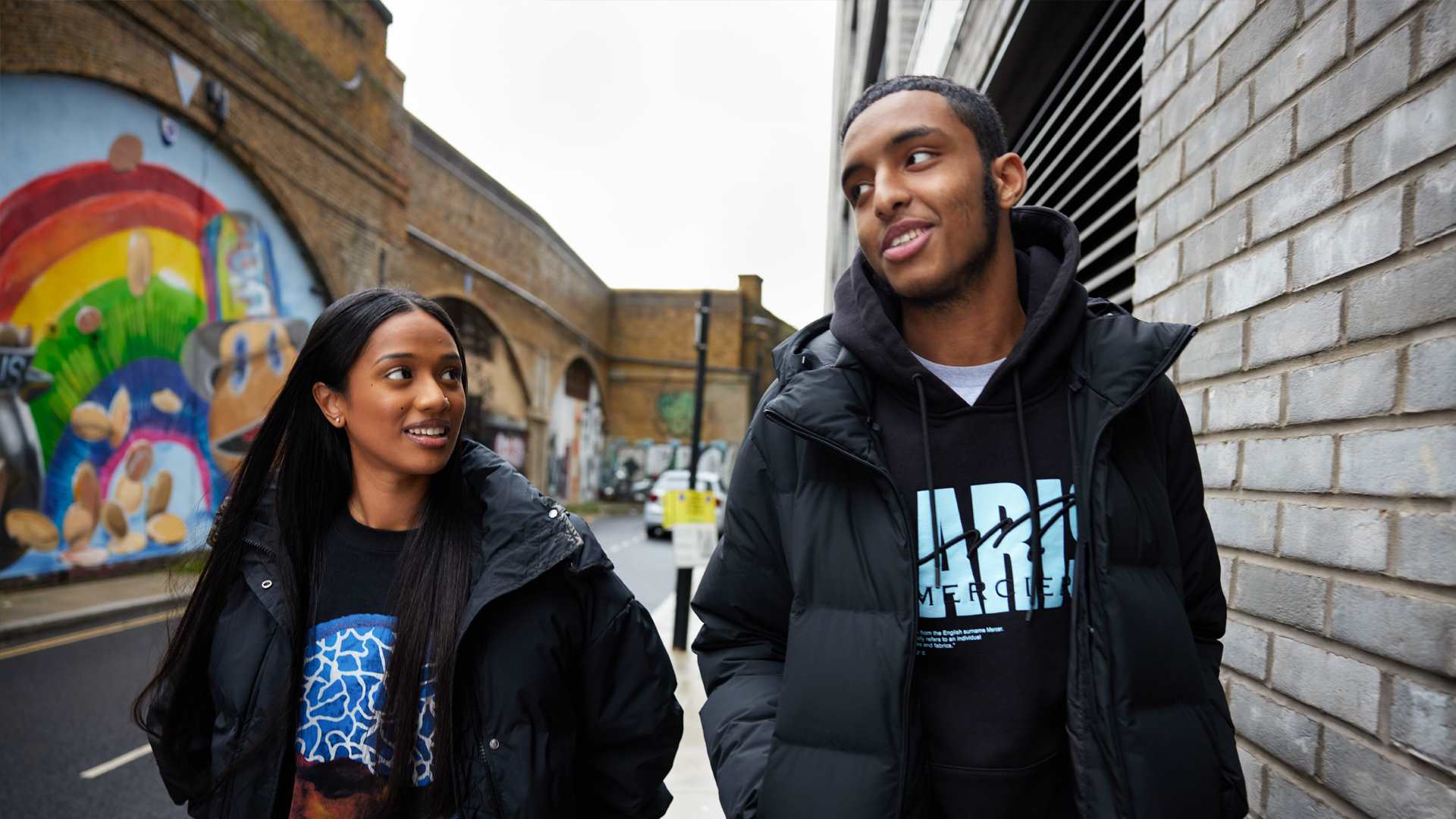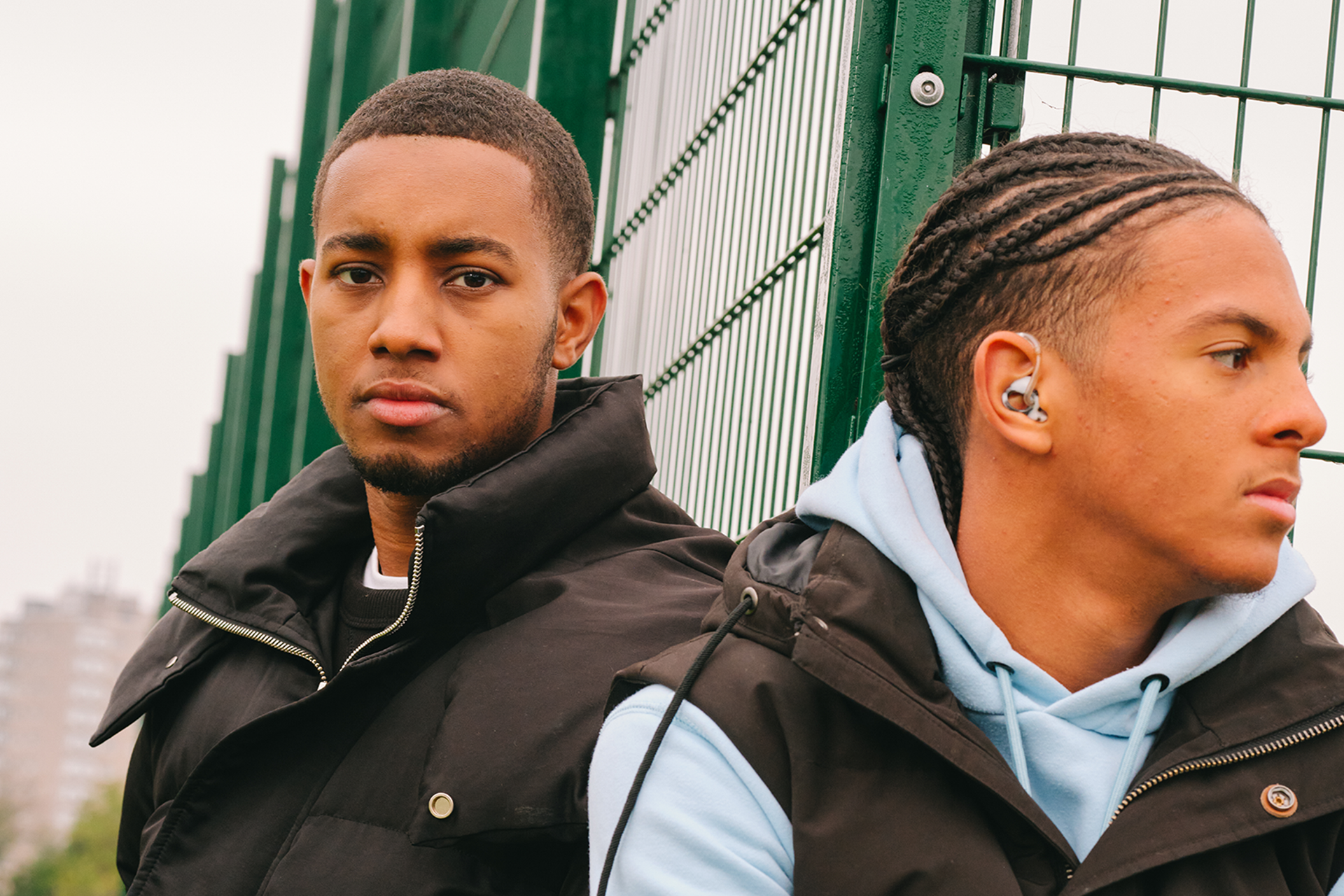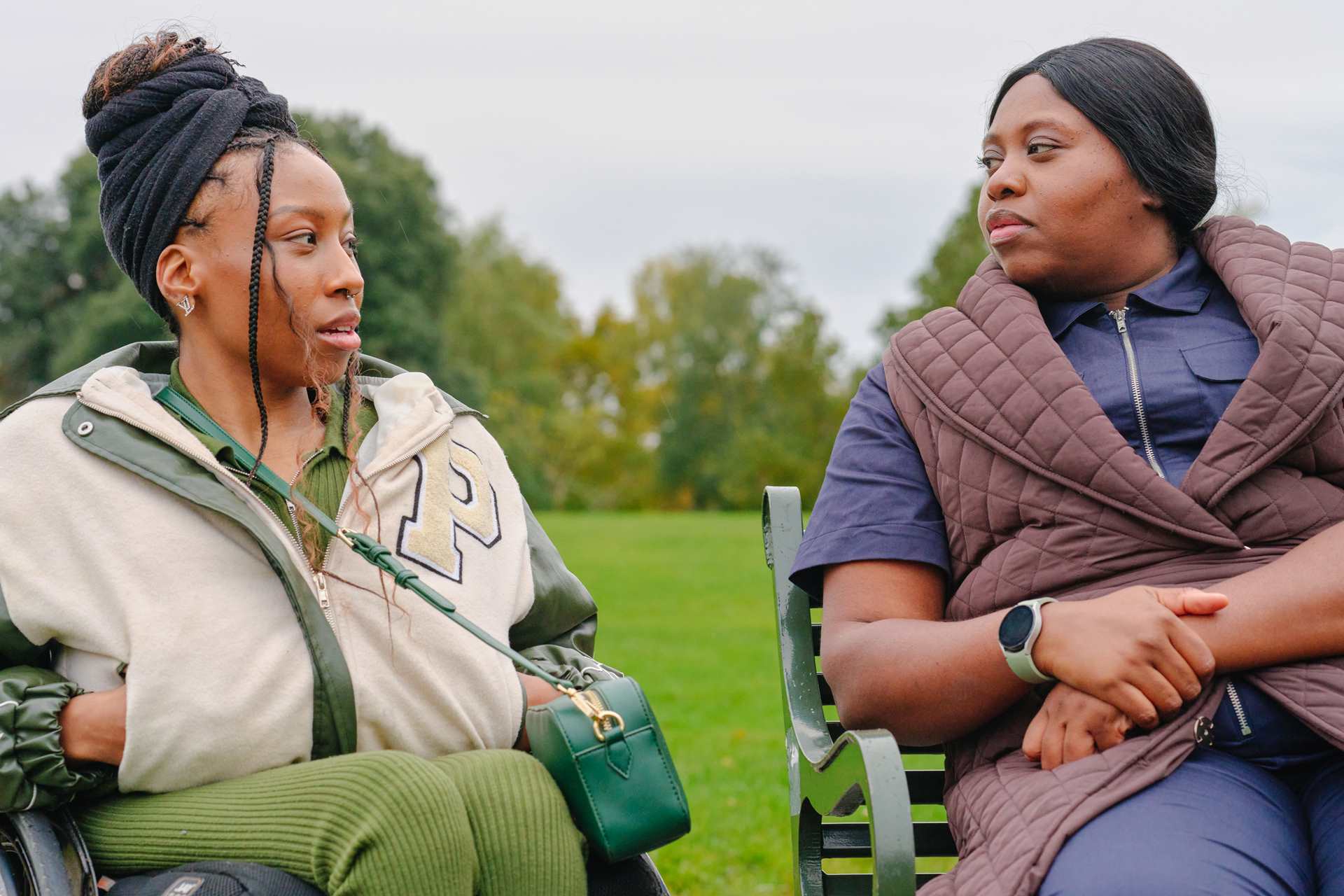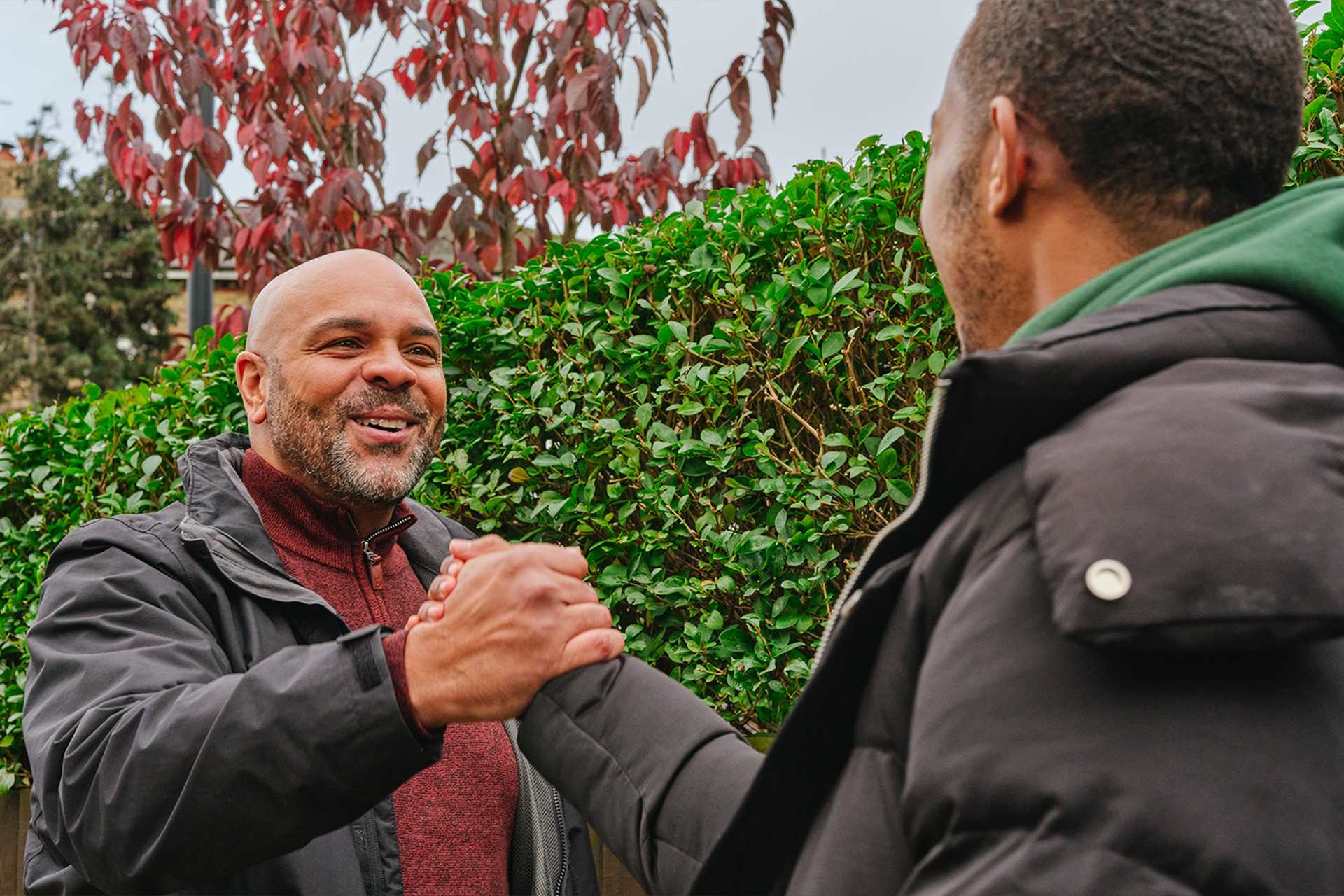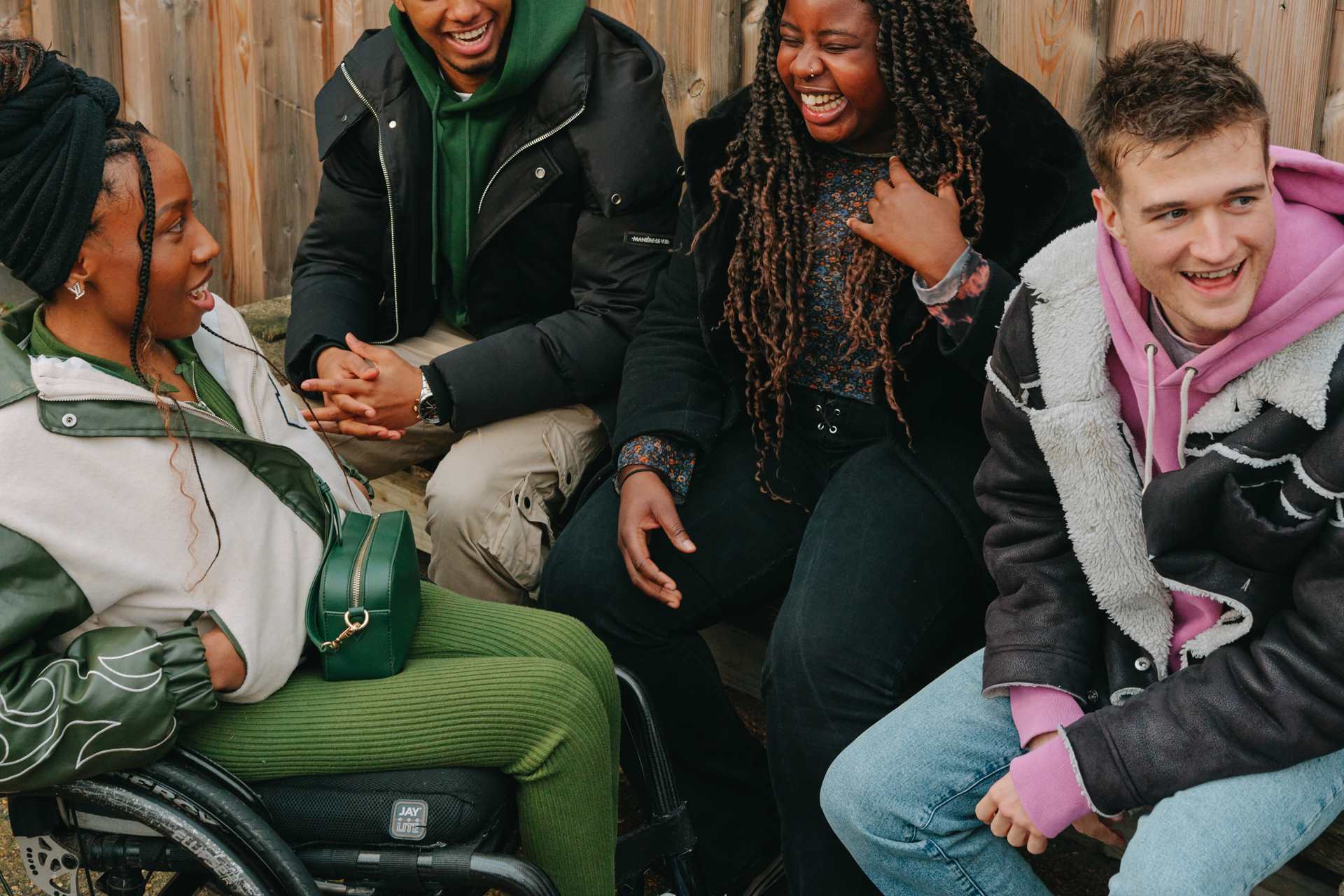If you think you have mania or hypomania, talk to your GP. Before your appointment, try using a mood-tracking tool, like Bipolar UK’s app. You can use this to show your doctor how your mood changes.
Your doctor can help you to find the right support. If you’re under 18, this will be with Child and Adolescent Mental Health Services (CAMHS). If you’re over 18, this will be with your local community mental health team (CMHT).
If you have intense symptoms and can’t take care of yourself, you might be sent to hospital. Hospital is a safe space for you to recover and get the help you need.
If you don’t want to go to hospital, you might feel panicky. It’s normal to be worried about things that feel out of your control. Our guide can help you know what to expect and your rights during inpatient care.
